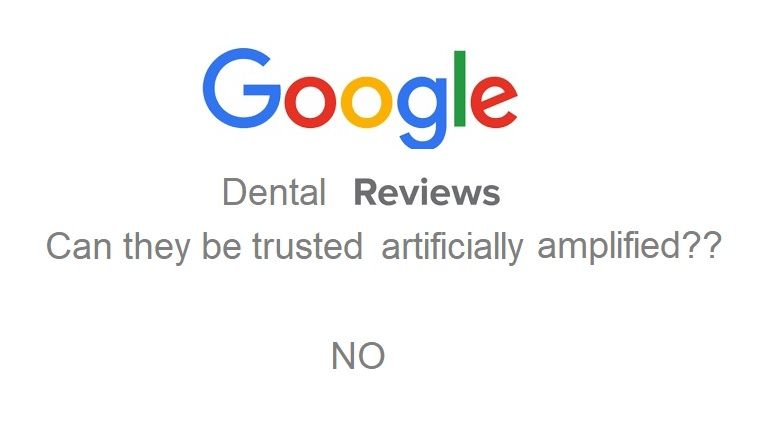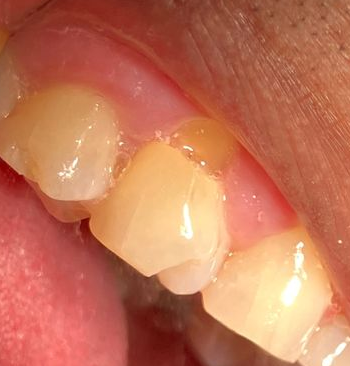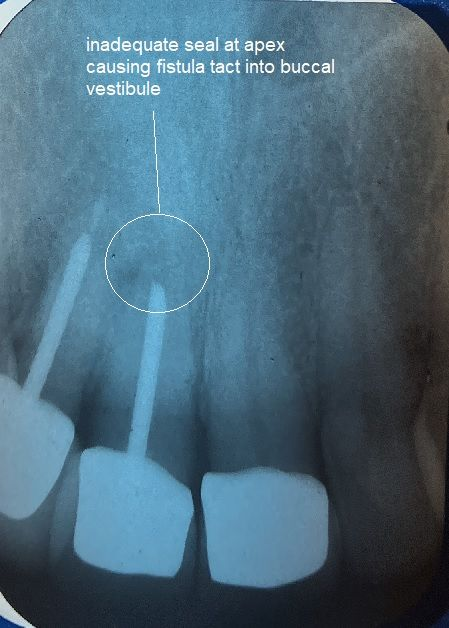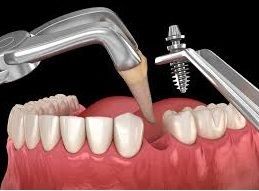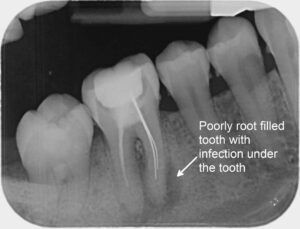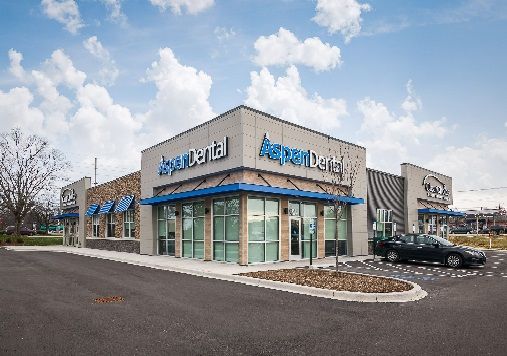Is it painful to get a root canal?
The procedure itself is not painful because it's done under local anesthetic. It can take anywhere from 30 minutes to 2 hours. In some cases there is no pain after the anesthetic wears off. If pain does occur, it usually builds over the days that follow. Typically 4-5 days out can be the worst of it. The pain is due to inflammation at the base of the tooth. During the procedure debri from inside the tooth is cleaned out but some gets flushed through the tiny orifi at the end of the root. Bleach is used to clean the inside of the tooth but some of this gets flushed out causing a chemical burn which leads to inflammation pain.
Relief happens as the body clears the inflammation and the area heals. Pain (dull ache) can linger out 4-6 weeks but it's uncommon. Most pain will reside with in the first two. Pain medications, antibiotics, and anti-inflammatories help during this period.
The tooth should settle down and feel like the rest and be comfortable to chew on. However you should never chew anything hard on root canaled tooth until the finial crown in put on. Although the tooth may feel comfortable you need to follow up quick with the crown or else it could decay to a point it cannot be restored.

